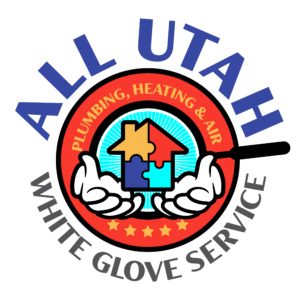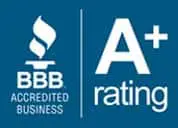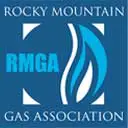
We’re proud to welcome former customers of All Utah Plumbing to Expert Services Plumbing, Heating, Air, and Electrical!
While All Utah Plumbing has officially concluded its operations, Expert Services has been selected as a recommended provider to continue offering plumbing, heating, air, and electrical services to the community. We’re here to provide reliable service backed by over 50 years of trusted expertise.






